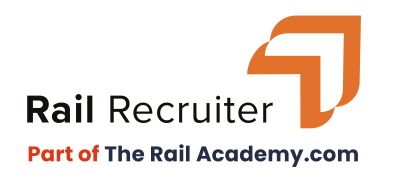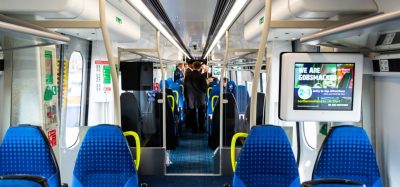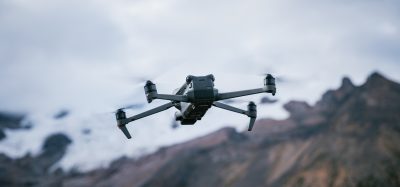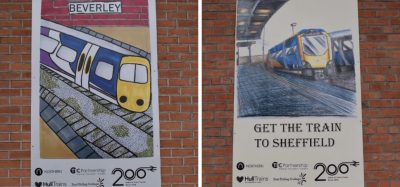Q&A with Midlands Connect’s Maria Machancoses: Opportunities for the Midlands
Posted: 1 June 2023 | Maria Machancoses | No comments yet
Maria Machancoses, CEO of Midlands Connect, spoke to Global Railway Review during Railtex about some of the biggest challenges currently facing the rail industry and the ways that Midlands Connect are dealing with them.
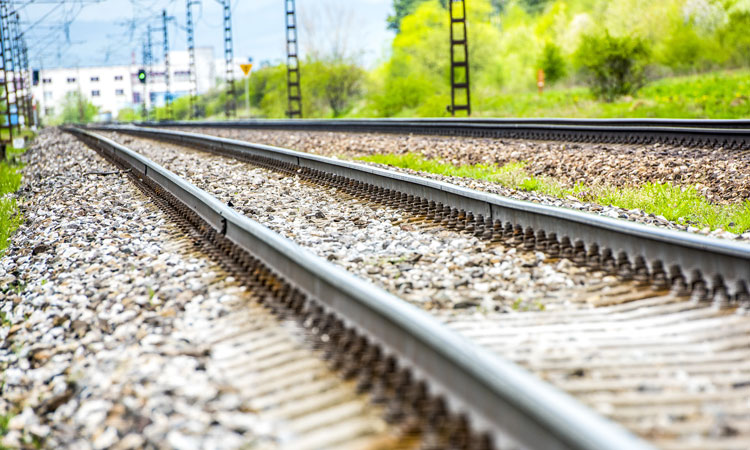

Credit: Midlands Connect
Can you tell us what you and Midlands Connect have been doing here at Railtex?
We’re here to come face-to-face with the industry. At Midlands Connect, we’re long-term and strategic planners, always looking forward. But it’s extremely important that in doing so, we have a direct dialogue with the industry, with those who are actually on the ground, who are also planning for the future. They’re actually the ones who transform and deliver the network and the railway. As such, it really is extremely important for us to engage and help shape the debate.
Right now, what would you say are some of the biggest challenges which face the rail industry?
The world is forever changing, and we’ve recently gone through massive disruptors. The pandemic obviously had a massive impact, as has the war in Ukraine, on rails’ confidence in terms of investments.
The world is forever changing, and we’ve recently gone through massive disruptors. The pandemic obviously had a massive impact, as has the war in Ukraine, on rails’ confidence in terms of investments. It’s not only about the user and the customer, but it’s also about the economy of the globe and the level of investment in infrastructure. Coupled with that, we also have the climate change agenda. Having to wrangle all these aspects in a way that is constructive and positive alongside the sector and governments, is a massive challenge for the industry.
The other area is creating certainty on where government is going to invest and in what type of technology. That’s why being here at Railtex, collectively putting on a good show for the future of the railways, helps to ensure that governments understand the importance of investment in rail.
How are Midlands Connect dealing with these challenges?
For those who don’t know Midlands Connect, we bring together all the Midlands, all of the local authorities, almost 11 million people, and we work with the UK Government to identify the key priorities for investment here in the Midlands. We have set clear priorities; we’re still extremely supportive of HS2, which we want to happen as quickly as possible. It is already being built into the West Midlands and we have proposals going to the East Midlands and into Manchester.
Alongside this, we need infrastructure that connects to HS2, that makes the most of its release capacity. We have identified particularly strong East-West connectivity programmes, for instance the Midlands Rail Hub.
But there’s also the debate around new technologies and how, when planning for the railways, we need a more holistic approach. We need to think about energy and we need to think about digital. As an industry, we all need a change in terms of how we plan for the future of the rail. We need to seriously engage with wider sectors, not just the rail sector, and make sure that we are ultimately delivering an integrated transport network that is truly decarbonised and aiming at net zero.
Right now, what would you say some of the major opportunities in the rail industry are?
We need to seriously engage with wider sectors, not just the rail sector, and make sure that we are ultimately delivering an integrated transport network that is truly decarbonised.
I think technology is hugely important, specifically automation, digitalisation, decarbonisation and electrification. There are huge opportunities in terms of a new rolling programme that can bring the rail industry into the 21st century. I think, here in the Midlands, we are well ahead of the game in that space. For instance, we have projects such as the hydro reflex being tested, a hydrogen train that could be deployed and operated across the network. In addition to this, we are investing hugely in electrification. We also have opportunities in terms of advanced construction and advanced engineering that takes the rail industry into a net zero era. Without doubt, the Midlands is up for the journey.
What positives have you seen at Railtex?
For us, positivity lies in the diversity of this event. Railtex began with an engineering-focused agenda. Now, we’re seeing representatives of companies who are focusing on the user, the customer, digital information systems, safety, as well as how you travel around the network. The diversity of the sector in Railtex is fantastic.


Related topics
Digitalisation, Electrification & Cabling, Funding & Finance, Regulation & Legislation, Sustainability/Decarbonisation, Technology & Software




